 Welcome
Welcome
“May all be happy, may all be healed, may all be at peace and may no one ever suffer."
Cough headaches

Cough headaches are a type of headache that occurs when coughing, sneezing, or straining. These headaches are usually brief and typically resolve on their own once the underlying cause is addressed. They are usually not a cause for concern but may be a sign of an underlying medical condition in some cases.
Cough headaches are often described as sudden, sharp pain that occurs on both sides of the head and can last anywhere from a few seconds to a few minutes. The pain is often felt in the back of the head and may be accompanied by other symptoms such as nausea, dizziness, or neck pain.
The exact cause of cough headaches is not known, but they are believed to be related to changes in pressure within the skull that occurs during coughing, sneezing, or straining. Cough headaches may be more common in people who have a history of migraines, and may be associated with conditions such as Chiari malformation or other structural abnormalities of the brain.
Treatment for cough headaches may involve addressing the underlying cause, such as treating a sinus infection or allergy that may be causing the cough. In some cases, medication may be prescribed to help manage the pain and other symptoms associated with cough headaches.
While cough headaches are generally not a cause for concern, it is important to seek medical attention if experiencing frequent or severe headaches, or if other symptoms such as fever or neck stiffness are present. This can help identify any underlying conditions that may require treatment, and help prevent more serious complications from occurring.
Research Papers
Disease Signs and Symptoms
- Headaches
- Dizziness (vertigo)
- Fainting (syncope)
- Numbness
- Weakness and numbness in arms
- Typically last a few seconds to a few minutes some can last up to two hours
- Cause sharp, stabbing or splitting pain
- Are usually felt in the front of the head
- It may be followed by a dull, aching pain that lasts for hours
Disease Causes
Cough headaches
Primary cough headaches
The cause of primary cough headaches is unknown.
Secondary cough headaches
Secondary cough headaches may be caused by:
- A defect in the shape of the skull.
- A defect in the cerebellum, the part of the brain that controls balance. This can occur when a portion of the brain is forced through the opening at the base of the skull (foramen magnum), where only the spinal cord is supposed to be.
- Some of these types of defects are called Chiari malformations.
- A weakness in one of the blood vessels in the brain (cerebral aneurysm).
- A brain tumor.
- A spontaneous cerebrospinal fluid leak.
Disease Prevents
Cough headaches
Preventing the actions that trigger your cough headaches — whether that's coughing, sneezing or straining on the toilet — may help reduce the number of headaches you experience. Some preventive measures may include:
- Treating lung infections, such as bronchitis
- Avoiding medications that cause coughing as a side effect
- Getting an annual flu shot
- Using stool softeners to avoid constipation
- Minimizing heavy lifting or bending for long periods
Disease Treatments
Treatment differs, depending on whether you have primary or secondary cough headaches.
Primary cough headache
If you have a history of primary cough headaches, your doctor may recommend that you take daily medication to help prevent or reduce the pain.
These preventive medications may include:
- Indomethacin (Indocin, Tivorbex), an anti-inflammatory drug
- Propranolol (Inderal, Innopran XL, others), a medication that relaxes blood vessels and reduces blood pressure
- Acetazolamide, a diuretic that reduces the amount of spinal fluid, which can reduce the pressure inside the skull
Other medications used to treat primary cough headache include naproxen (Naprelan, Naprosyn, others), ergonovine (Methergine), intravenous dihydroergotamine (D.H.E. 45) and phenelzine (Nardil).
Rarely, a spinal tap (lumbar puncture) may be recommended. With this procedure, the doctor removes some of the fluid that surrounds your brain and spinal cord. It's not clearly understood why this helps cough headaches, but the procedure may reduce the pressure inside your skull that may be causing the headaches.
Secondary cough headache
If you have secondary cough headaches, surgery is often needed to fix the underlying problem. Preventive medications usually don't help people who have secondary cough headaches. However, responding to medication doesn't necessarily mean that you have a primary cough headache.
Disease Diagnoses
Disease Allopathic Generics
-
Paracetamol
A popular common treatment for headaches is a medication with paracetamol or aspirin.
First 2 and then 1 3 times a day.
-
Vitamin B complex
To eliminate weakness. 1 pill 2 times a day after meals.
-
Naproxen Sodium
Naproxen is a medicine that can be used to bite into the head for scalp pain.
Young age 250mg or adults 500mg 2 times a day after meals for 5/7 days.
-
Ranitidine Hydrochloride
Medicines containing ranitidine for stomach gas. 1 pill 2 times a day after meals.
Disease Ayurvedic Generics
Disease Homeopathic Generics
Disease yoga
Cough headaches and Learn More about Diseases
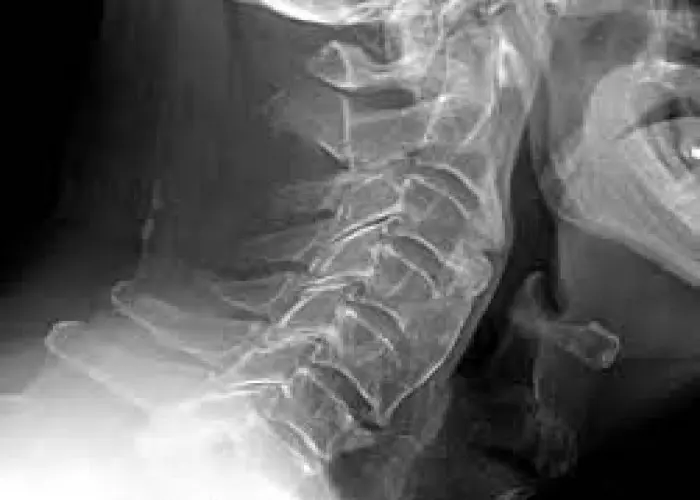
Diffuse idiopathic skeletal hyperostosis (DISH)
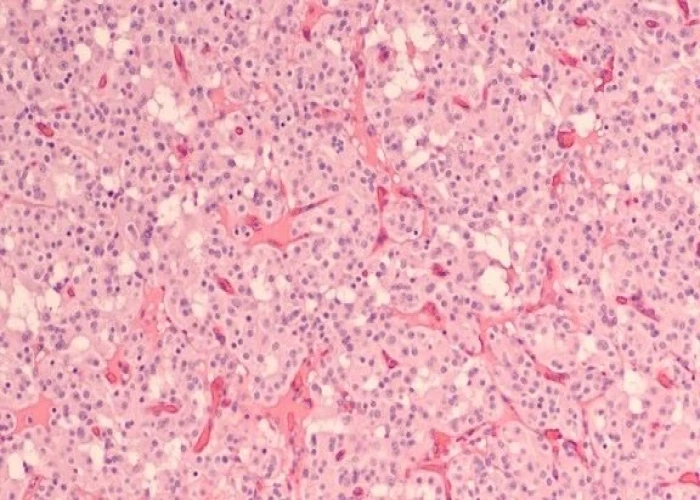
Pancreatic neuroendocrine tumors

Cellulitis

Snoring
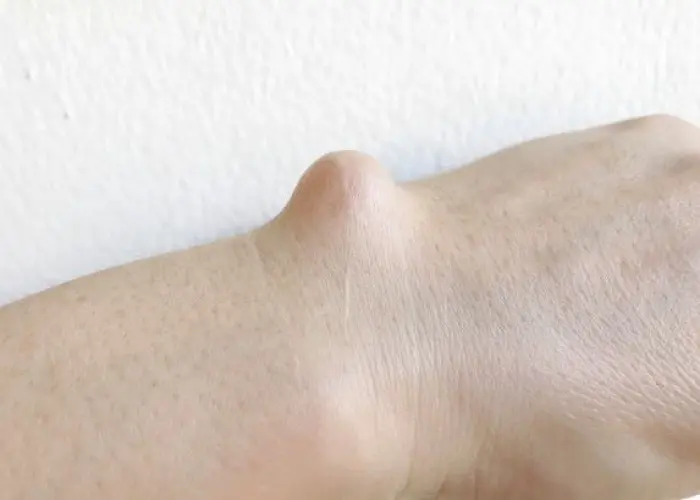
Ganglion cyst
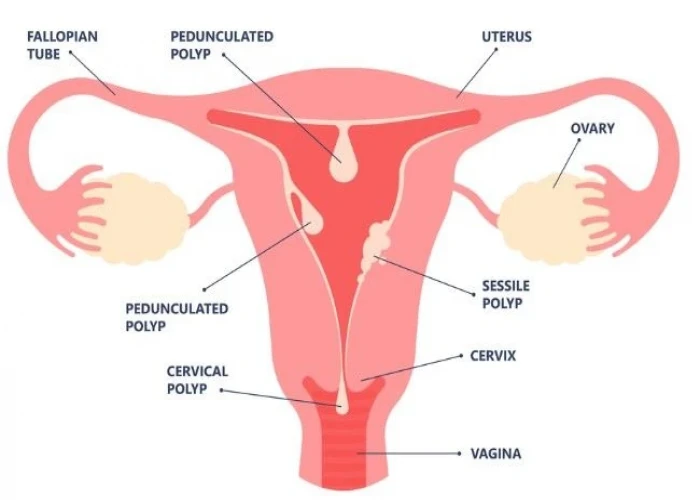
Menorrhagia (Heavy menstrual bleeding)
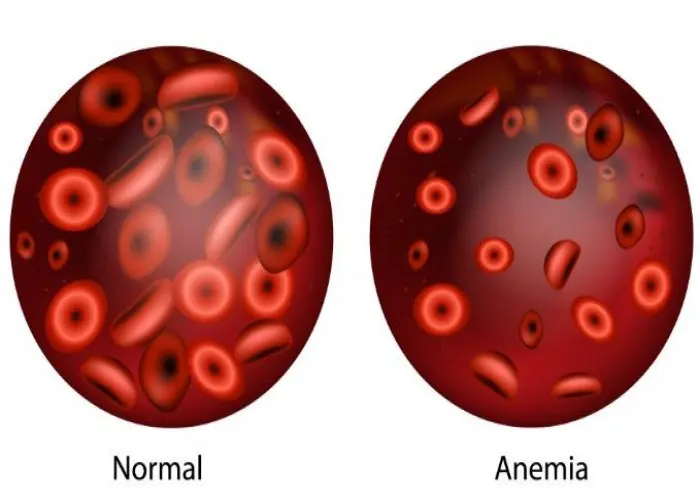
Iron deficiency anemia

Tendinitis
Cough headaches, Headache while coughing, কাশির মাথাব্যথা
To be happy, beautiful, healthy, wealthy, hale and long-lived stay with DM3S.
